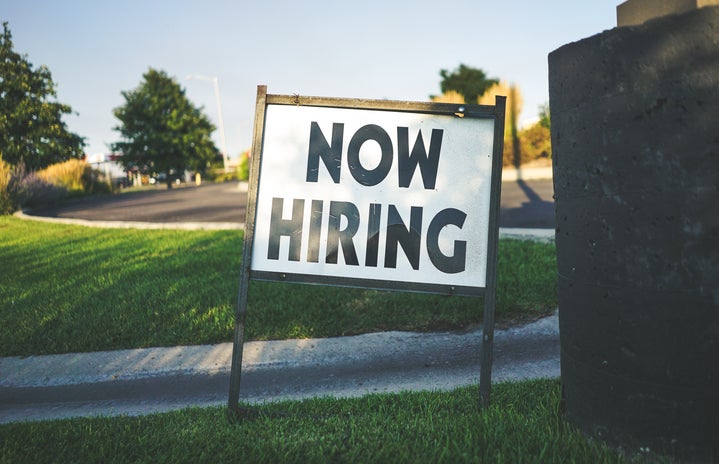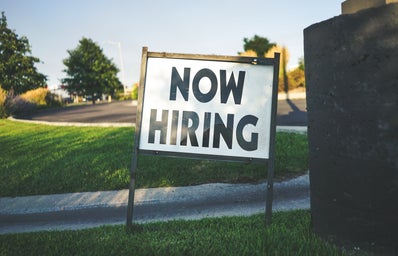Environment Florida has sent a Florida Impact Organizer, Jenna Stevens, to Tallahassee to put together a group of student interns to head up the 100 Percent Renewable Energy Campaign. Overall Environment Florida is led by Jennifer Rubiello, the State Director.
With 11 strategies and tools, Stevens and her interns are initiating the transition to beginning the process of making FSU into an 100% renewable energy campus.
- Energy efficiency in Campus Buildings: powering FSU with clean energy, and save money while doing it.
- Energy conservation: FSU can adopt less energy-intensive lifestyles, which reduces the environmental impact.
- On-Campus Solar Energy: clean and renewable energy. Installing solar energy saves money and provides learning opportunities for students
- On-Campus Wind Energy: investing in wind energy reduce electricity costs and provides learning opportunities for students.
- Microgrids and energy storage: microgrids provide campuses to have the capacity to increase the usage of clean energy and to ensure that there is reliable access to electricity and to save money for students, the universities and taxpayers.
- Renewable energy purchasing: this can accelerate the transition to clean energy. Colleges and universities can now buy clean electricity directly.
FSU has already started in the main push for this tool. They have agreed to purchase 20 million kilowatt hours annually. Also, FAMU, TCC and LCS are participating in this. FSU is the city’s largest customer and makes up more than 10% of the overall total energy sales. FSU is taking the step to reduce its carbon footprint and others are poised to follow.
- Building electrification: zero-carbon alternatives is a necessary step for campuses. Electric water and space heating don’t come with the hazards of some gas and oil-fired systems, including carbon monoxide leaks and explosions.
- Solar heating and hot water: solar heating and hot water are major systems to cut their energy costs by more than half. With USF’s development of new techniques to store solar thermal energy, that could cut the costs by 80%. It’s economically sensible and protects colleges.
- Geothermal heating and cooling: by building partially underground you can save energy, storing thermal energy in aquifers for later use. It saves energy, educates the students, and achieves the sustainability goal.
- Electric Transportation: advances in technology and the declining cost make electric transportation a feasible option; synergy is the key here.
- Sustainable transportation: electric vehicles aren’t the only option that you can choose. You can also use transportation methods of walking or biking in order to use less energy.
This campaign has brought many students into an updated state. Most of the students didn’t know they could make a difference, but students are the main people that CAN make a difference.
Courtesy: MIT Wind Energy Group
Andrew Gillum, Mayor of Tallahassee, currently running for Florida Governor, has signed on to support a 50% goal by 2030 and a 100% goal by 2050.
Dirty energy puts our future at risk. The United Nations released that it’s been made clear that “we need to transition to power derived solely from clean energy sources to keep global temperatures down and avoid the worst impacts of climate change”.
FSU could become one of the first to transition to 100 percent renewable energy on their campus, and this could be the encouragement that other universities need to make the switch.



